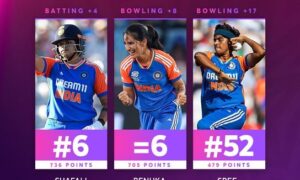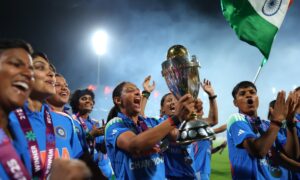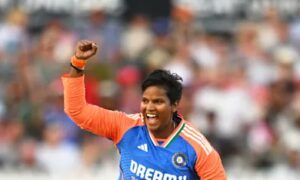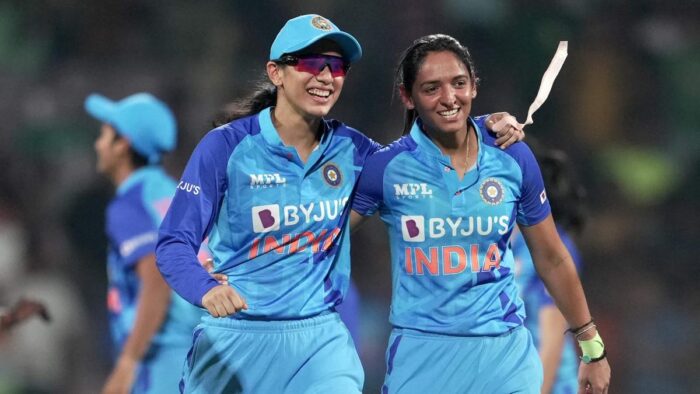
In India, where cricket is a religion and cricketers it’s Gods, one has hardly ever heard about the Goddesses who too have been playing the sport since decades! Unravelling the humble beginning of Indian women’s cricket, from the early 1970s when a few enthusiastic women took up the sport, to over the years when these Goddesses have pulled up their socks and made the nation proud with their stellar performances.
Though not an officially organised sport then, an enterprising gentleman, Mahendra Kumar Sharma, the founder secretary, registered the Women’s Cricket Association of India (WCAI) under the Societies Act at Lucknow in 1973 under the Presidentship of Begum Hamida Habibullah. This came as a boon to the many budding women cricketers. That very year the WCAI received the International Women’s Cricket Council (IWCC) membership as well. In April 1973, the first Women’s inter-state Nationals was held in Pune with three teams participating, namely, Bombay, Maharashtra, and Uttar Pradesh. Towards the end of that year, the second edition was held in Varanasi, and this time the number of teams increased from three to eight. Soon, the executive committee was reorganized and Chandra Tripathi and Pramilabai Chavan took over as chairperson and president respectively. These two ladies, along with the founder secretary M.K Sharma, played a major role in the initial development of women’s cricket. By the time the third championship was held in Calcutta, the number of teams had risen to 14. Thereafter all states took part. Later, Railways and Air India employed women cricketers and they took part as separate teams.
After a successful stint at the domestic level, the first-ever bilateral women’s cricket series was played in India in 1975 when the Australia U-25 team toured India to play a three-match Test series. The senior Indian women’s team played their first-ever international match against West Indies on October 31, 1976 in Bangalore. Two years later, the Women in Blue, as they are popularly called, made their ODI debut during the 1978 World Cup. A total of four teams participated in the mega event hosted by India. Australia, New Zealand, and England were the other three teams. Unfortunately, India lost all three matches. The team led by Diana Edulji played its first ODI against England in 1978, at the Eden Gardens in Calcutta. In the same year, the WCAI received the International Women’s Cricket Council (IWCC) Government recognition. Legendary players like Shanta Rangaswamy, Diana Edulji, Sudha Shah, and Sandhya Agarwal made a major contribution and influenced the game. The Indian government recognized their contributions by awarding the prestigious Arjuna award to all four of them.
From 1973 to 2023, the journey of Indian women’s cricket has unequivocally come a long way. The recent Under-19 women’s team storming the pitch waving the tricolour, grabbing the first World Cup for India’s women’s cricket team is a proof enough of the grit with which the Goddesses have continued to play the game despite hurdles.
In October 2022, the BCCI announced the launch of Women’s Indian Premier League (WIPL) and also, it’s recent announcement of pay parity for Indian women cricketers is seen as a watershed moment that promises to bring greater equality in sport.
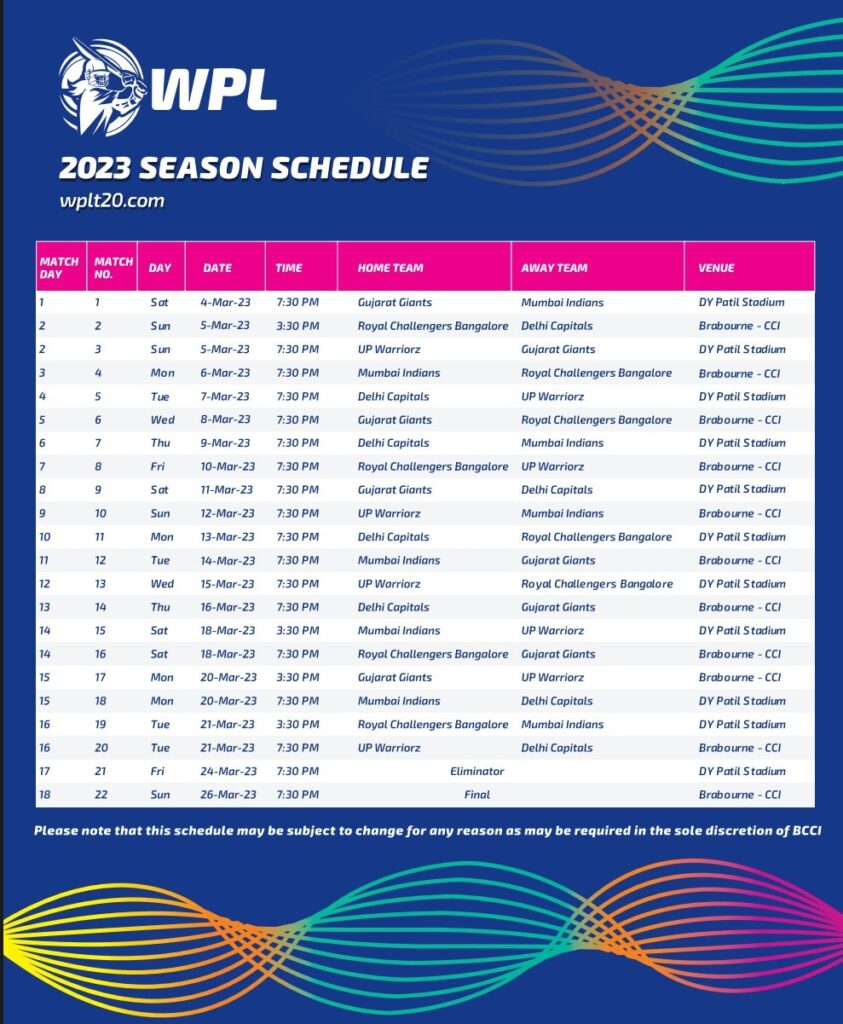
Picture : BCCI
The first ever #WPLAuction on February 13 has only given further boost to women players . The players who made it large were – Smriti Mandhana, Deepti Sharma , Shefali Verma . All-rounders Pooja Vastrakar and Richa Ghosh laughed their way to the bank with Rs 1.90 crore deals each offered by MI and RCB respectively.
The list you’ve been waiting for 😉
Take a look at the 🔝 Buys of the inaugural #WPLAuction pic.twitter.com/1DzmyeX6Hs
— Women’s Premier League (WPL) (@wplt20) February 13, 2023
Still baby steps when you look at the history of women’s cricket and contrast it with the parallel institutional backing received by the men’s team. It’s all in the name – names etch you in history, make you a symbol, give you the opportunity to inspire and for the uninitiated, mark an entrance into a fascinating story that needs to be told. In sports, inspiration has a big role to play and names do inspire.
[the_ad id=”55722″]


